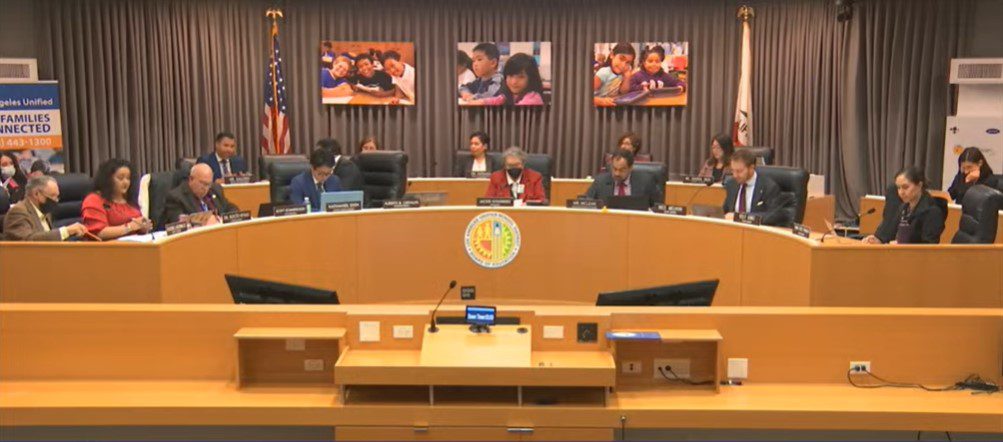By Suzanne Potter, Producer
Massive mile-long gillnets weighted to the seafloor three miles off the California coast are set to catch halibut or sea bass – but end up entangling more than 125 species of marine life – according to a new report from Oceana and the Turtle Island Restoration Network. The California Fish and Game Commission meets today and Thursday to discuss whether the bycatch is at acceptable levels.
Caitlynn Birch, Pacific marine scientist for Oceana, said 64% of the animals caught in this are thrown back to sea.
“This high rate of bycatch raises concerns over the fishery’s wastefulness and impacts on California’s marine biodiversity,” she said. “However, fishery managers have not been tracking how much fishing effort is occurring in the set gillnet fishery, so we don’t actually know the true toll on wildlife.”
The analysis found that the set gillnets are ensnaring sharks, skates, rays, endangered whales, sea lions and many species of commercial and recreational fish, including damaged and undersized California halibut, rock crab, sand bass and lingcod.
29 fishing boats currently hold permits to fish three miles offshore, and reducing the number of fishing permits would be one sure way to reduce gillnet bycatch, she said.
“California voters and fishery managers have taken action in the past to ban this non-selective gear in near-shore waters, which has resulted in major rebounds of vulnerable fish and marine mammal populations,” Birch said. “So, we do know that removing these nets has a positive impact on many vulnerable species in California.”
The Fish and Game Commission has a toolkit of options to reduce bycatch – but is still deciding whether action is warranted in this fishery.







